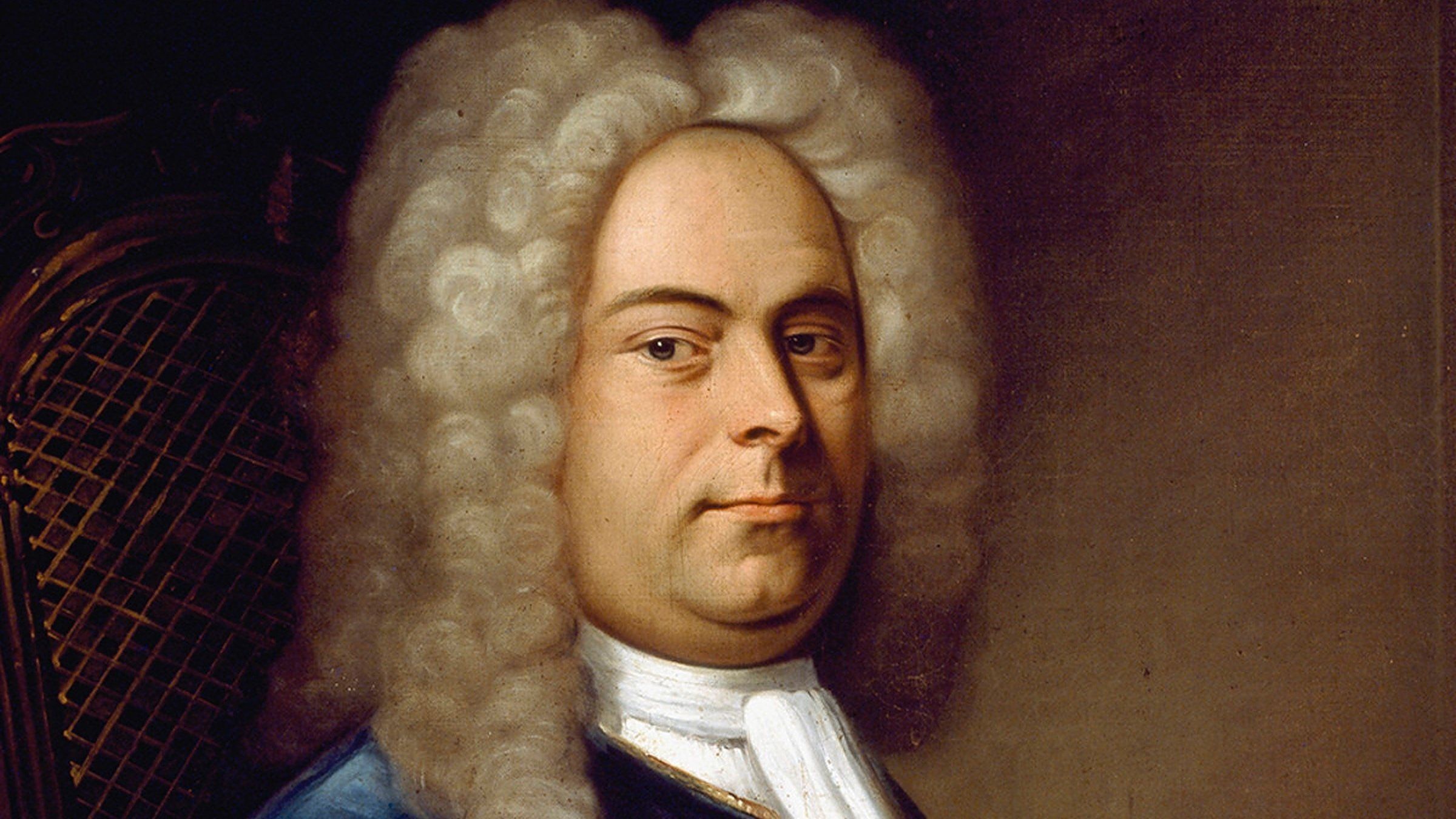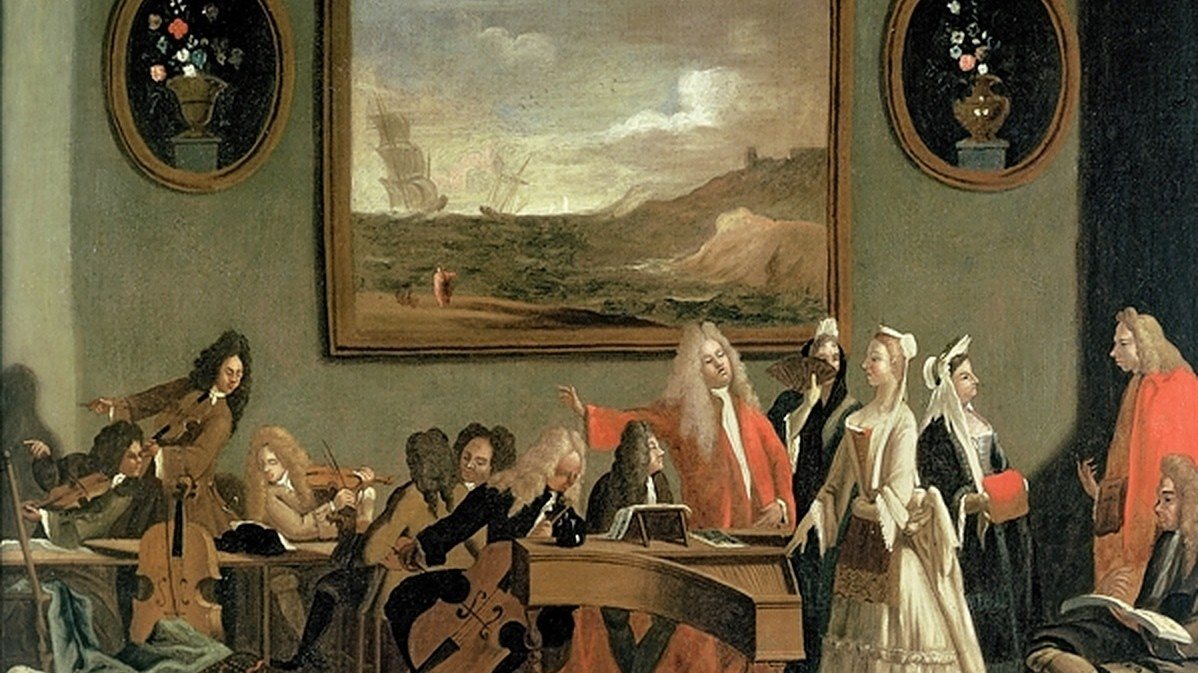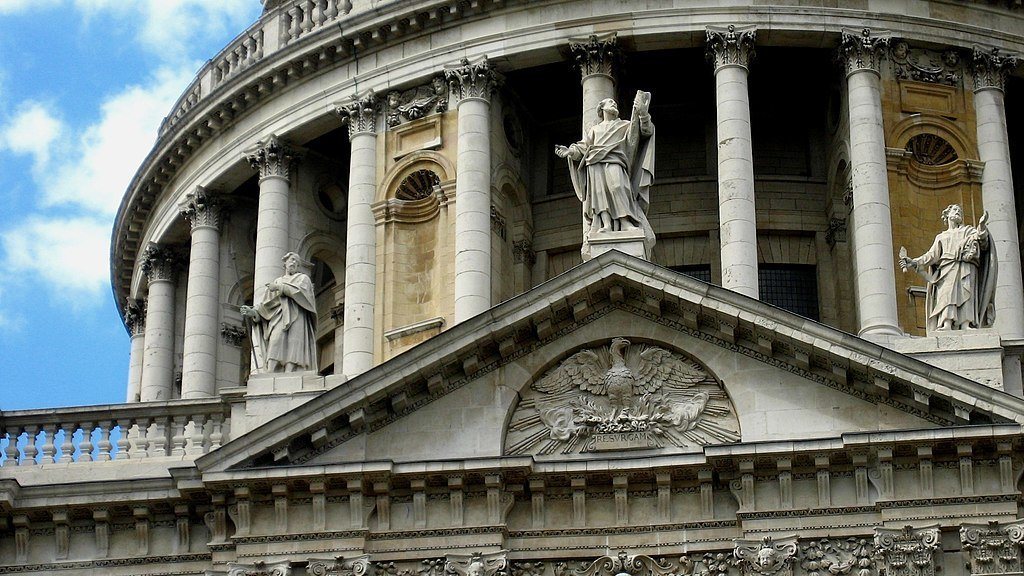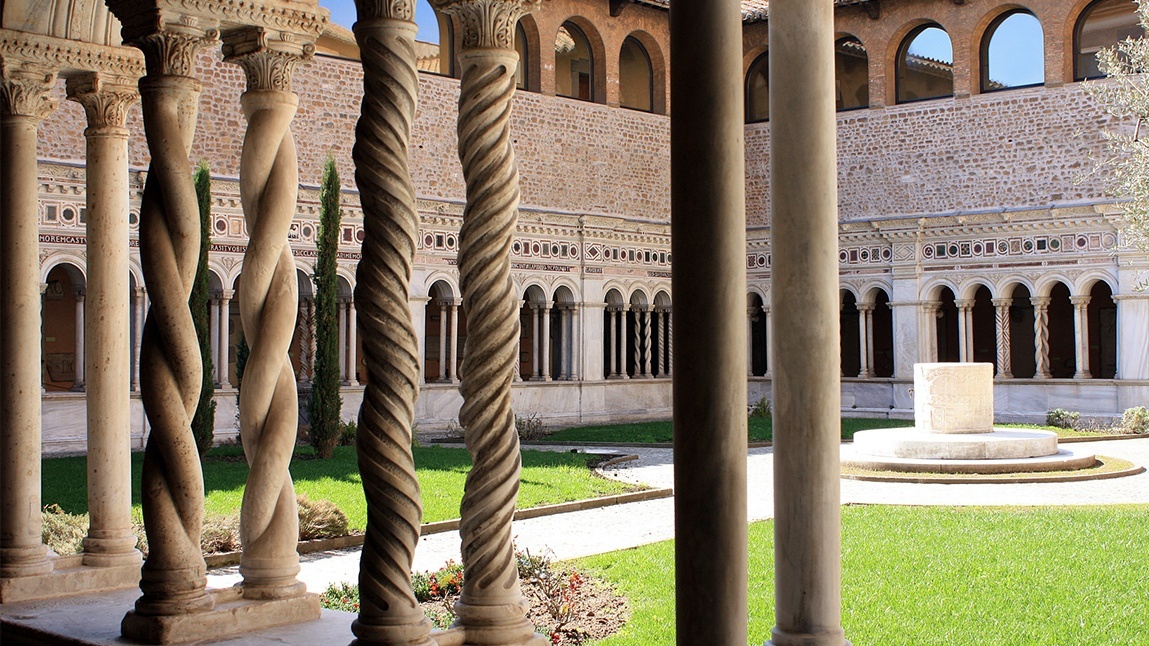Handel’s “Ah Mio Cor” from “Alcina”: Julia Kirchner and Operatic Puppetry
Handel’s 1735 opera, Alcina, tells a fantastic story of sorcery, harrowing adventure, and heartbreak. The beautiful and treacherous Alcina seduces all of the men who land on her enchanted island. Eventually growing tired of each of her lovers, she transforms them into animals, plants, or stones. When the dashing knight, Ruggiero, falls under Alcina’s spell, his fiancée, Bradamante, seeks to rescue him. Bradamante is disguised as her brother, Ricciardo. Her plan is …






